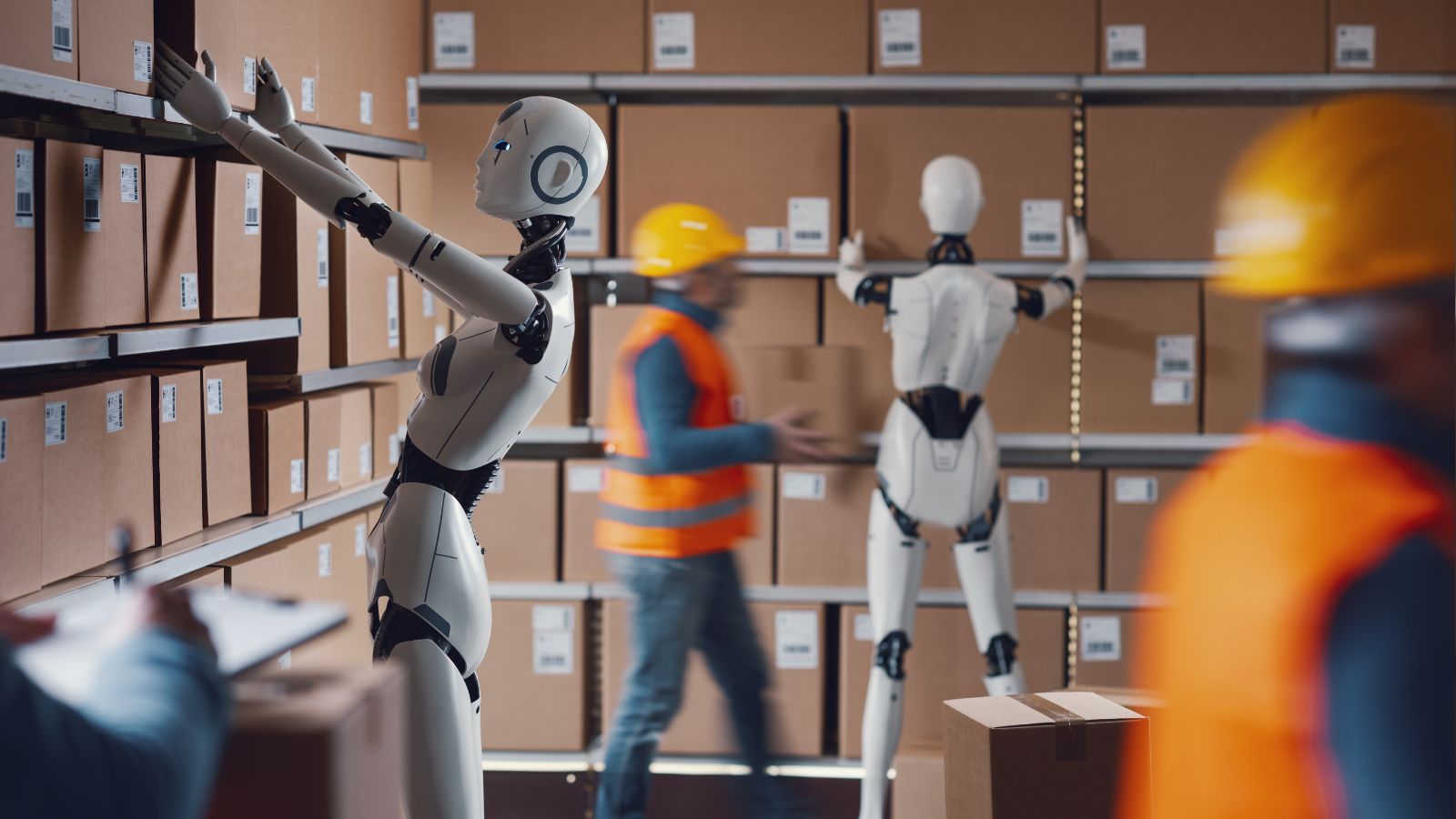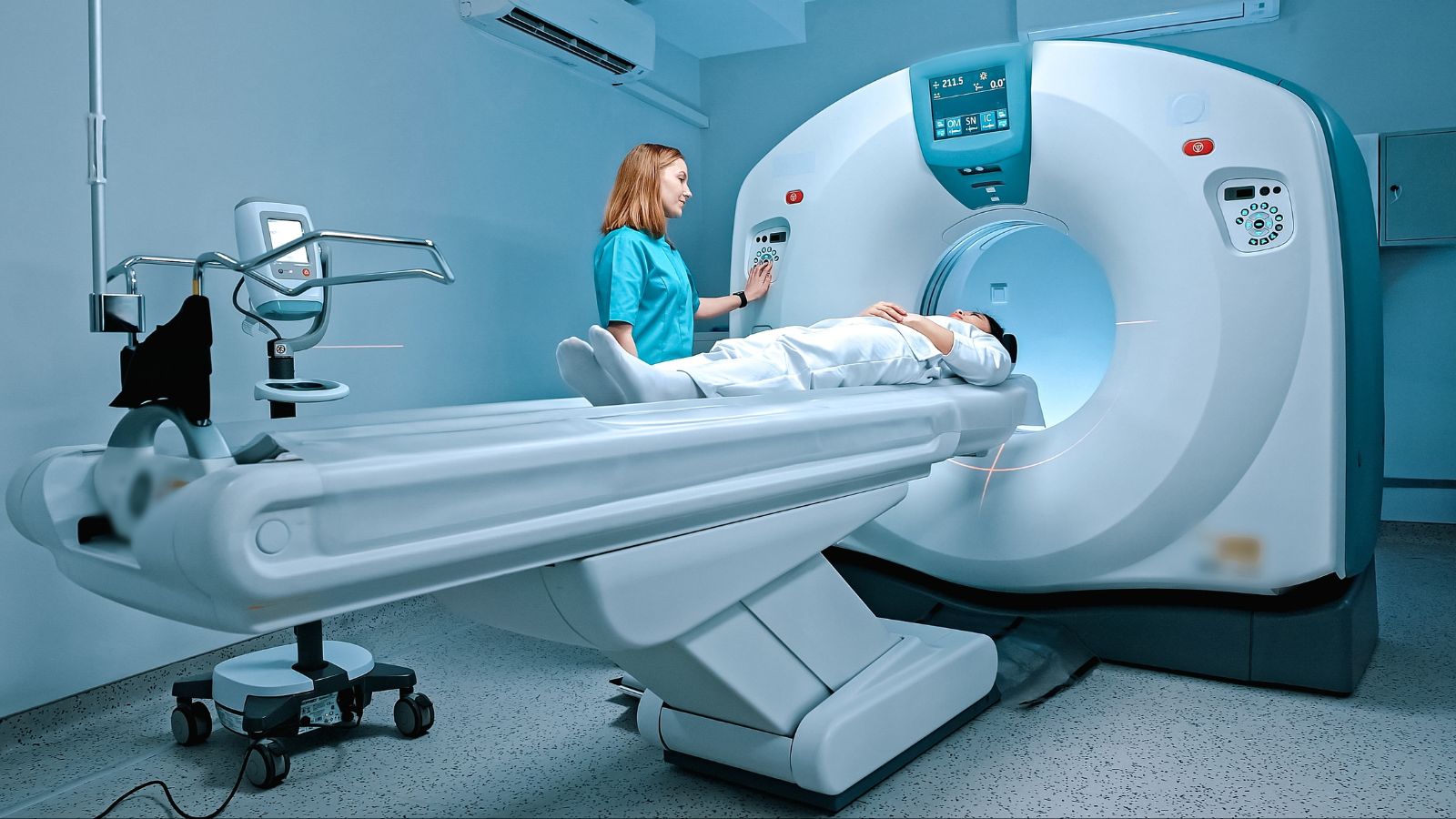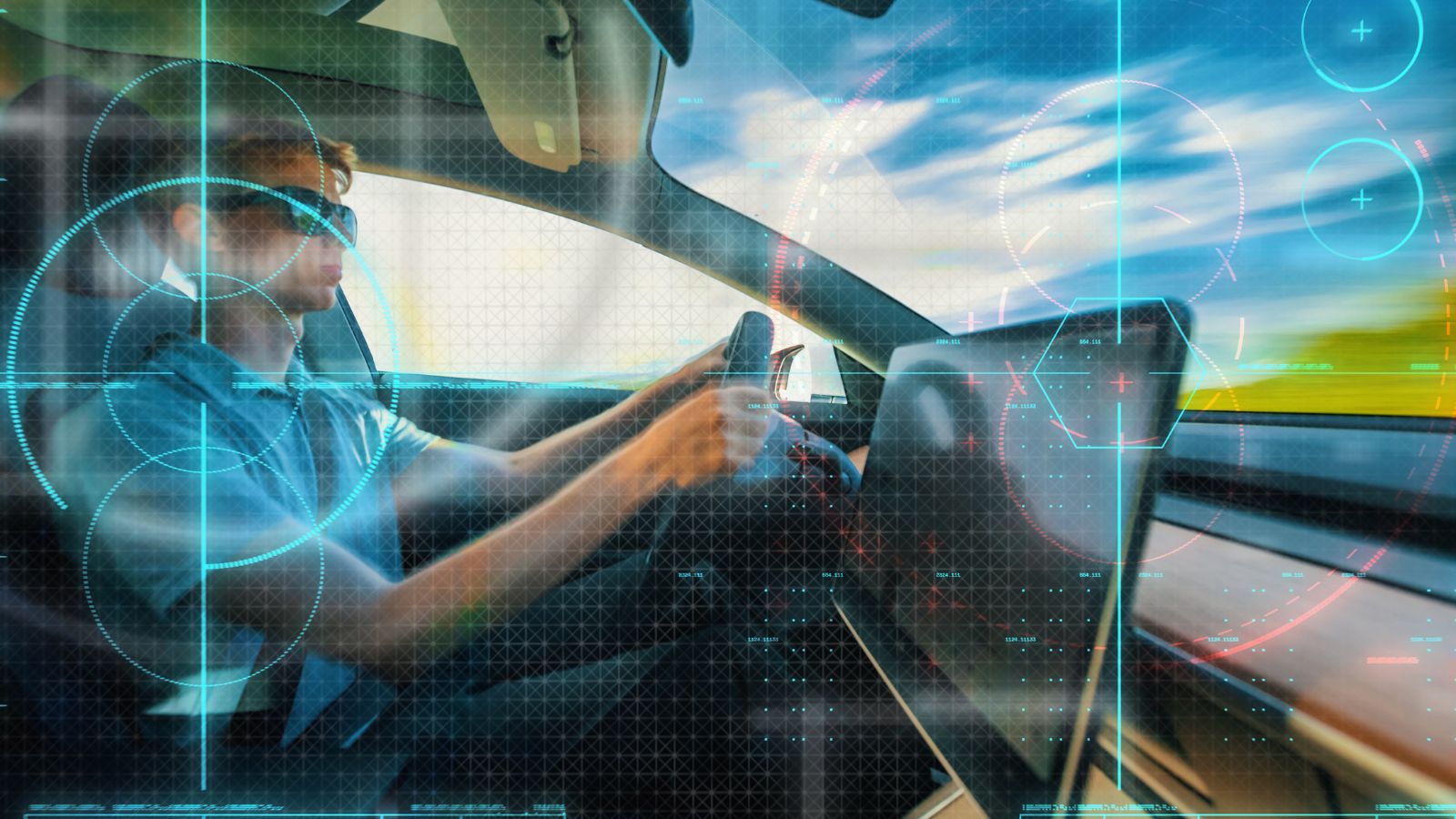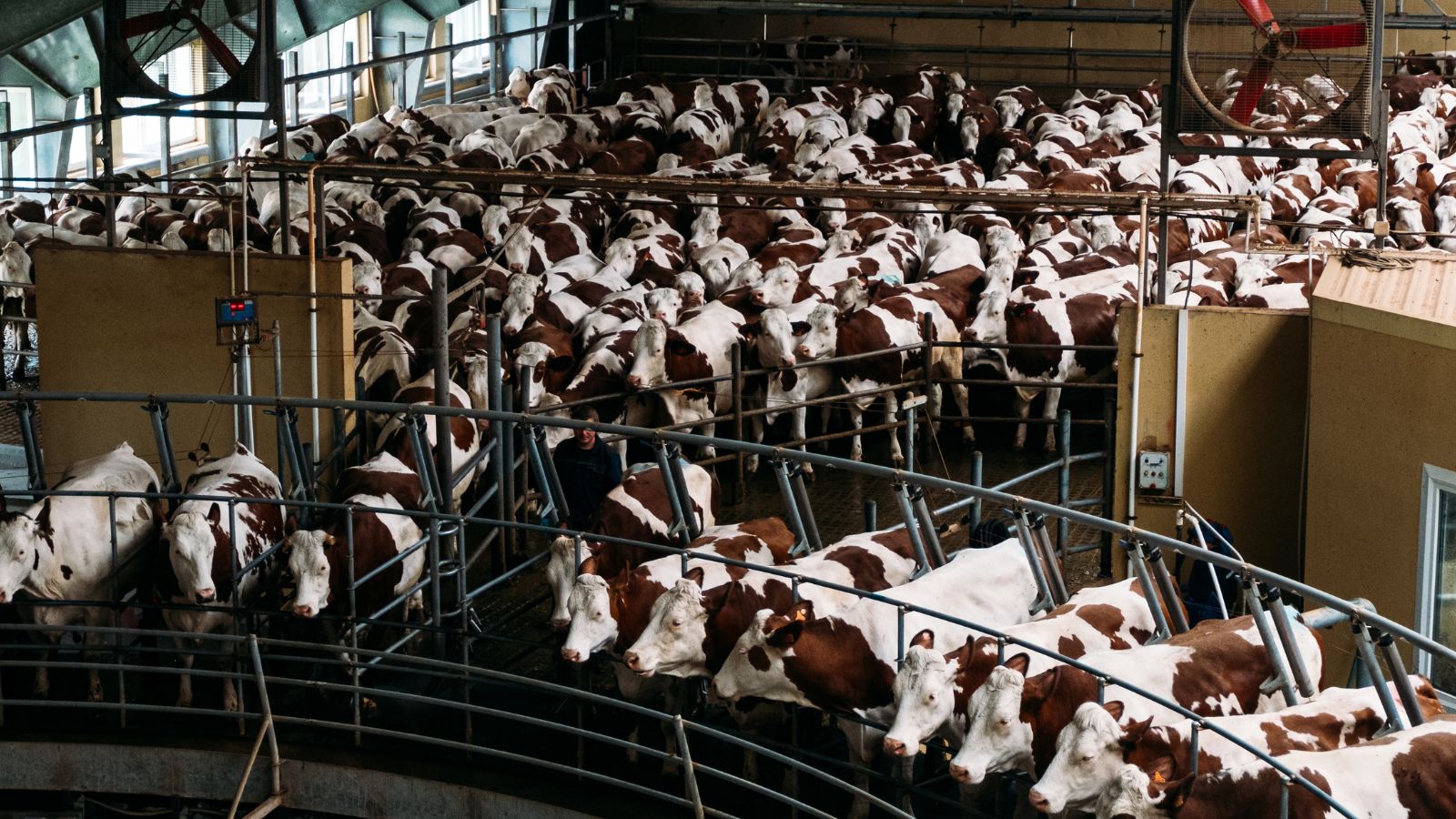Artificial Intelligence (AI) is transforming industries at an unprecedented pace, making many traditional jobs vulnerable to automation. From retail workers to financial analysts, AI is replacing human labor with faster, more efficient, and cost-effective machines. While some jobs will evolve, others may disappear completely. Let’s explore 30 Canadian jobs that AI could eliminate sooner than expected.
Pharmacists

AI-powered prescription management systems and automated dispensing machines are reducing the need for human pharmacists. Many pharmacies now use robotic pill dispensers and AI-driven software to check for drug interactions and dosage accuracy. As AI continues to improve, the role of pharmacists may shift toward patient counseling while routine tasks become fully automated.
Legal Assistants

AI-driven legal software can draft contracts, conduct case research, and analyze legal documents faster than human assistants. Law firms increasingly rely on machine learning tools to handle repetitive tasks, reducing the need for entry-level legal assistants. As AI becomes more sophisticated, many support roles in law firms may disappear.
Real Estate Agents

With AI-powered real estate platforms offering virtual tours, automated property valuations, and instant buyer-seller matching, the demand for human real estate agents is declining. AI can analyze market trends, negotiate deals, and provide home-buying advice, making traditional real estate roles unnecessary. While high-end real estate may still require a personal touch, AI is taking over much of the industry’s basic functions.
Librarians

As digital libraries and AI-powered search engines become more advanced, fewer people rely on human librarians for research assistance. AI can categorize books, answer queries, and recommend resources, reducing the need for librarians in many public and academic institutions. While some human oversight is still required, the demand for traditional librarian roles is shrinking.
Graphic Designers

AI-powered design tools like Canva, Adobe Sensei, and MidJourney can create logos, marketing materials, and visual content without human intervention. Many businesses are using automated design templates instead of hiring professional graphic designers. Only high-end, custom design work may require human creativity as AI capabilities expand.
Postal Workers

With the rise of email, digital billing, and automated mail sorting systems, postal services are reducing their human staff. AI-driven logistics and delivery drones are already being tested, which could further decrease the need for postal workers. As mail volume declines, postal jobs may soon become rare.
Technical Support Specialists

AI chatbots and virtual IT assistants now handle most technical support inquiries, troubleshoot software issues, and guide users through problem-solving steps. AI systems can provide instant, data-driven solutions, making human tech support specialists less essential in many industries. As AI improves, only highly complex cases may still require human intervention.
Stock Traders

Airline Pilots

AI-assisted autopilot systems already handle most commercial flight operations, reducing the role of human pilots. Some airlines are experimenting with single-pilot and autonomous aircraft, which could make co-pilots obsolete shortly. While regulations require human oversight, AI advancements may lead to fewer pilot jobs in the long run.
Farmers

AI-powered drones, robotic harvesters, and automated irrigation systems are revolutionizing agriculture. Smart farming technology can monitor soil health, detect plant diseases, and optimize crop yields without human involvement. As farming becomes more automated, manual farm labor jobs will continue to decline.
Cashiers

Self-checkout machines and AI-driven payment systems rapidly replace cashiers in grocery stores, pharmacies, and fast-food chains. With the rise of contactless payments and app-based ordering, businesses are cutting costs by eliminating human-operated registers. Some stores even test fully automated checkout systems, making cashier jobs increasingly obsolete.
Bank Tellers

With mobile banking apps, ATMs, and AI-powered chatbots, fewer people visit physical banks, reducing the need for bank tellers. Many financial institutions are transitioning to fully digital banking, where customers can open accounts, apply for loans, and even get financial advice without human interaction. As AI-driven banking continues to expand, teller positions may disappear entirely.
Telemarketers

AI-powered chatbots and voice assistants are taking over telemarketing, handling sales calls, customer outreach, and surveys more efficiently. AI can analyze customer data in real time, offering personalized sales pitches that are often more effective than human telemarketers. Since AI doesn’t require breaks or salaries, companies rapidly reduce human staff in favor of automation.
Data Entry Clerks

AI and robotic process automation (RPA) are replacing data entry clerks by automating repetitive tasks like form-filling and database management. AI can process vast amounts of information without errors or fatigue, significantly reducing the need for human intervention. As businesses shift to digital documentation, data entry roles will shrink.
Customer Service Representatives

AI chatbots and virtual assistants can now handle customer inquiries, troubleshoot issues, and process refunds without human involvement. Many companies are investing in AI-driven support systems that operate 24/7, significantly cutting the need for human customer service representatives. With ongoing advancements, AI is expected to take over most routine support interactions.
Retail Sales Associates

As online shopping becomes more dominant, the need for in-store retail workers is declining. AI-powered virtual assistants can provide personalized shopping recommendations and customer service through e-commerce platforms. Automated checkout and smart store technology are reducing the demand for human retail staff.
Fast-Food Workers

Major fast-food chains are integrating AI-driven kiosks and robotic kitchen assistants to take orders, prepare meals, and manage inventory. AI-powered burger-flipping robots and self-serve ordering systems are already in use, allowing restaurants to operate with fewer human employees. As these technologies become mainstream, fast-food jobs will continue to vanish.
Travel Agents

AI-powered travel booking websites and virtual assistants can now help customers plan vacations, compare flight and hotel prices, and even provide travel recommendations. Fewer people rely on human travel agents, with AI offering instant responses and cost-saving options. The industry shift toward digital solutions is making traditional travel agency jobs redundant.
Warehouse Workers

Robotic automation in warehouses is rapidly replacing human workers, as AI-driven machines can pick, pack, and sort packages faster and more efficiently. Companies like Amazon and Walmart have already deployed robotic fulfillment systems that significantly reduce the need for manual labor. AI is expected to take over most warehouse operations within the next decade.
Receptionists

AI-powered virtual receptionists can schedule appointments, answer calls, and direct inquiries without human involvement. Many businesses, including hospitals, hotels, and corporate offices, are adopting automated systems to reduce staffing costs. As AI becomes more sophisticated, the role of human receptionists will likely diminish further.
Paralegals

AI is transforming the legal industry by automating contract analysis, document review, and legal research. AI-powered legal software can analyze thousands of cases in seconds, replacing much of the work traditionally done by paralegals. As law firms embrace automation, paralegal jobs will become less necessary.
Content Writers

AI writing tools like ChatGPT and Jasper are already producing news articles, reports, and blog content at an unprecedented speed. While human creativity is still valuable, AI can generate SEO-optimized content and basic reporting without needing writers. As businesses prioritize cost efficiency, many writing jobs may disappear.
Bookkeepers and Accountants

AI-powered accounting software can manage payroll, track expenses, and prepare tax filings with minimal human oversight. Many businesses are replacing bookkeepers with AI-driven financial management tools that can analyze financial data faster and more accurately than humans.
Loan Officers

AI is revolutionizing the loan approval process, using machine learning to assess creditworthiness, analyze financial history, and approve loans without human intervention. Banks and financial institutions are adopting AI-driven systems to speed up approvals and reduce costs, eliminating the need for traditional loan officers.
Radiologists

AI-driven imaging systems can detect diseases, tumors, and fractures accurately, often outperforming human radiologists. Hospitals and diagnostic centers are integrating AI into medical imaging and diagnostics, reducing reliance on human professionals. As AI technology improves, radiology jobs may become increasingly automated.
Truck Drivers

Self-driving trucks are being tested in Canada, and AI-powered vehicle automation is becoming more advanced yearly. Major logistics companies invest in autonomous delivery systems that transport goods without human drivers. While regulations are still evolving, long-haul truck drivers may soon be replaced.
Security Guards

AI-driven surveillance systems equipped with facial recognition, motion detection, and automated response capabilities are replacing security guards in malls, office buildings, and public spaces. Robotic patrols and AI-based monitoring services can operate 24/7 without breaks, making them an attractive alternative to human security personnel.
Factory Workers

Automated assembly lines and robotic manufacturing systems are taking over repetitive tasks in factories. AI-powered robots can assemble products, conduct quality checks, and even operate machinery more efficiently than human workers. With the increased adoption of automation, many factory jobs are at risk.
Insurance Underwriters

AI algorithms can analyze risk factors, assess policy applications, and determine insurance rates faster than human underwriters. Many insurance companies are automating underwriting processes, significantly reducing the need for human involvement.
Taxi and Rideshare Drivers

Autonomous vehicle technology is advancing quickly, and self-driving taxis are already being tested. As companies like Tesla, Waymo, and Uber invest in AI-driven transportation, traditional taxi and rideshare drivers could soon be phased out entirely.
Conclusion

AI is reshaping the job market at an incredible speed, and while some careers will adapt, others may disappear entirely. Canadians in vulnerable industries should consider upskilling, exploring AI-resistant careers, or learning how to work alongside AI.
20 Reasons Why Wealthy Investors Are Looking At The Caribbean

The Caribbean has long been known for its stunning landscapes and vibrant culture, but in recent years, it has also become an attractive destination for wealthy investors. The region offers numerous financial, economic, and lifestyle advantages that appeal to high-net-worth individuals seeking opportunities. Here are 20 reasons why the Caribbean has captured the attention of the global investment community.
20 Reasons Why Wealthy Investors Are Looking At The Caribbean
